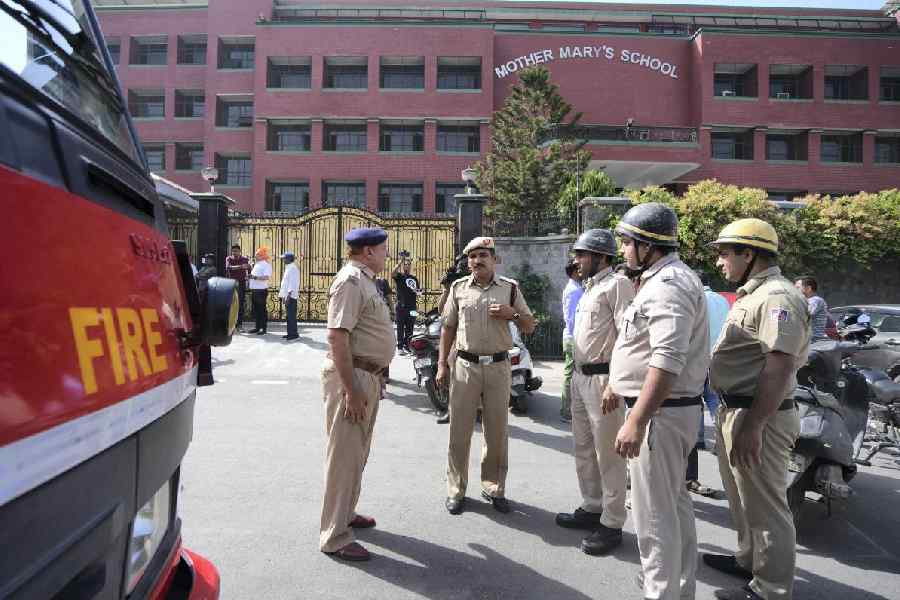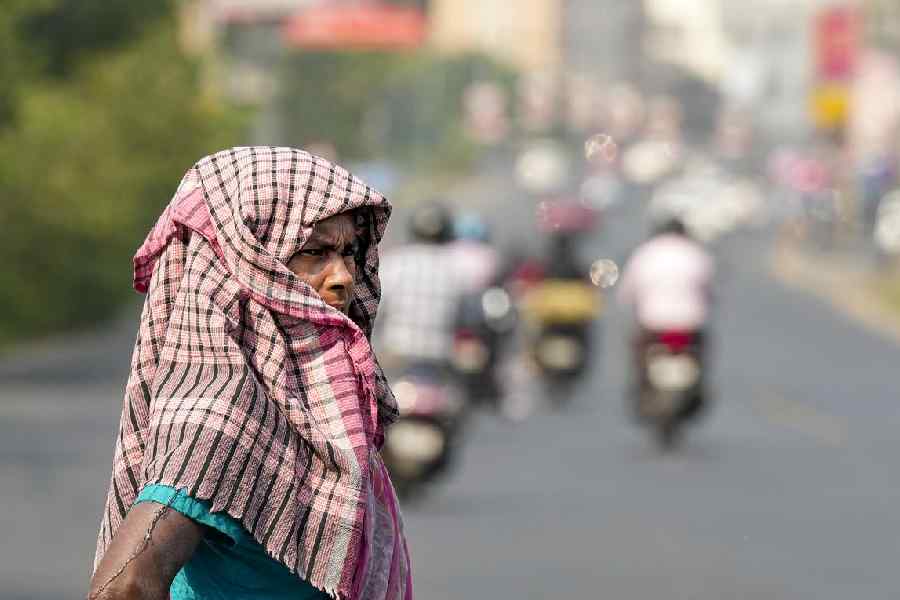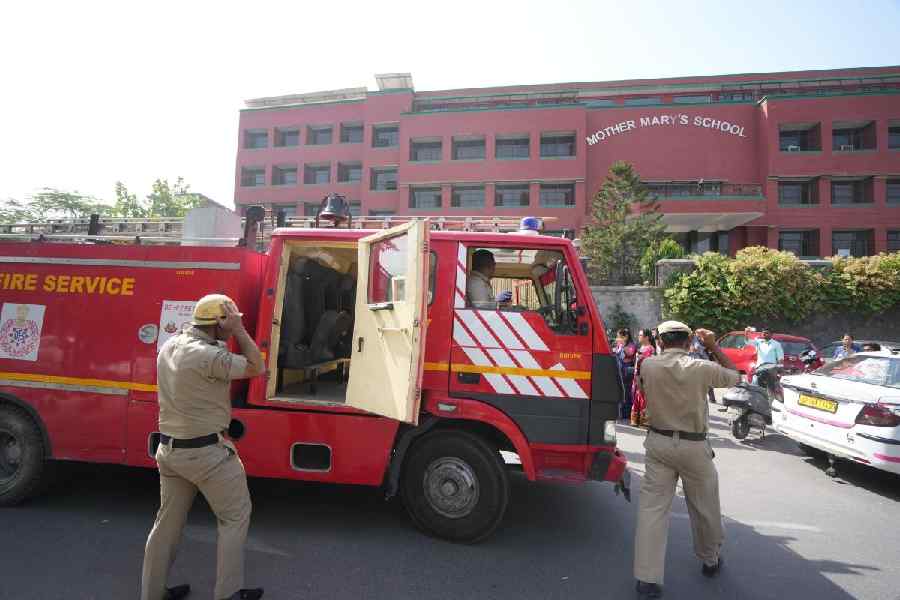The sixth edition of Tata Steel Jharkhand Literary Meet that concluded at Audrey House in Ranchi on Sunday reintroduced the first birdwoman of the country who once lived and worked in the city.
The two-day meet had its usual share of talks and discussions, besides reading sessions, on various literary topics. But a particular session on Saturday that featured a young researcher-environmentalist Raza Kazmi and author-conservationist Bikram Grewal resurrected the memory of a forgotten woman.
The woman, Jamal Ara, was known as the birdwoman of the country — a title given by famous ornithologist Salim Ali for scientifically studying birds of Chotanagpur in Jharkhand.
The story of Ara, who was born just a century ago in 1923, was lost until Kazmi reintroduced her through an article, The First Lady of Indian Ornithology, that was included in Women In The Wild, a recent book edited by Anita Mani.
Born in Barh near Patna, Ara was married to Hamdi Bey, a well-known journalist of Calcutta, and they had a daughter before their marriage broke down.
Ara and her daughter would have been in trouble if Sami Ahmad, a cousin who was a forest officer in Bihar, had not brought them to Ranchi.
Ahmad used to take Ara to jungles during his official trips and that kindled in her a serious interest in watching the wildlife.
It was around the same time another woman who was the wife of P.W. Auger, also a forest officer senior to Ahmad, encouraged her to keep notes on her birding activities.
Ara knew English as she had studied up to Class X but her language skill was not so good for the purpose. But Mrs Auger helped her brush up her language skills and also encouraged her to turn those notes into articles when her English improved at a later stage.
The result was noticeable as, by 1949, Ara's articles started getting published in the journals of the Bombay Natural History Society and Bengal Natural History Society, besides in the Newsletter for Birdwatchers.
Ara didn't stop there but went on to write a book titled Watching Birds that had over a dozen editions, did a programme on birds on All India Radio and also took up translation of the literary work of well-known author Kartar Singh Duggal.
But Ahmad's untimely death in 1966 came as a big shock to her though she continued work for two more decades while living in Ranchi.
By the late 80s, her mental health was said to be affected and she reportedly burnt all her notes and photos in 1988.
Although she lived a few more years, she slipped out of public memory until Kazmi rediscovered her recently.
Among others who participated in the Jharkhand literary meet were Devdutt Pattanaik, who spoke on the importance of The Geeta, Mamta Kalia, who spoke on her literary journey, and Jerry Pinto, who discussed The Education of Yuri and also recited poems.
Among local writers, Mahadev Toppo and Parwati Tirkey discussed how jal-jungle-jameen influenced their work while Pankaj Mitra spoke about his book, Achche Aadmi.










